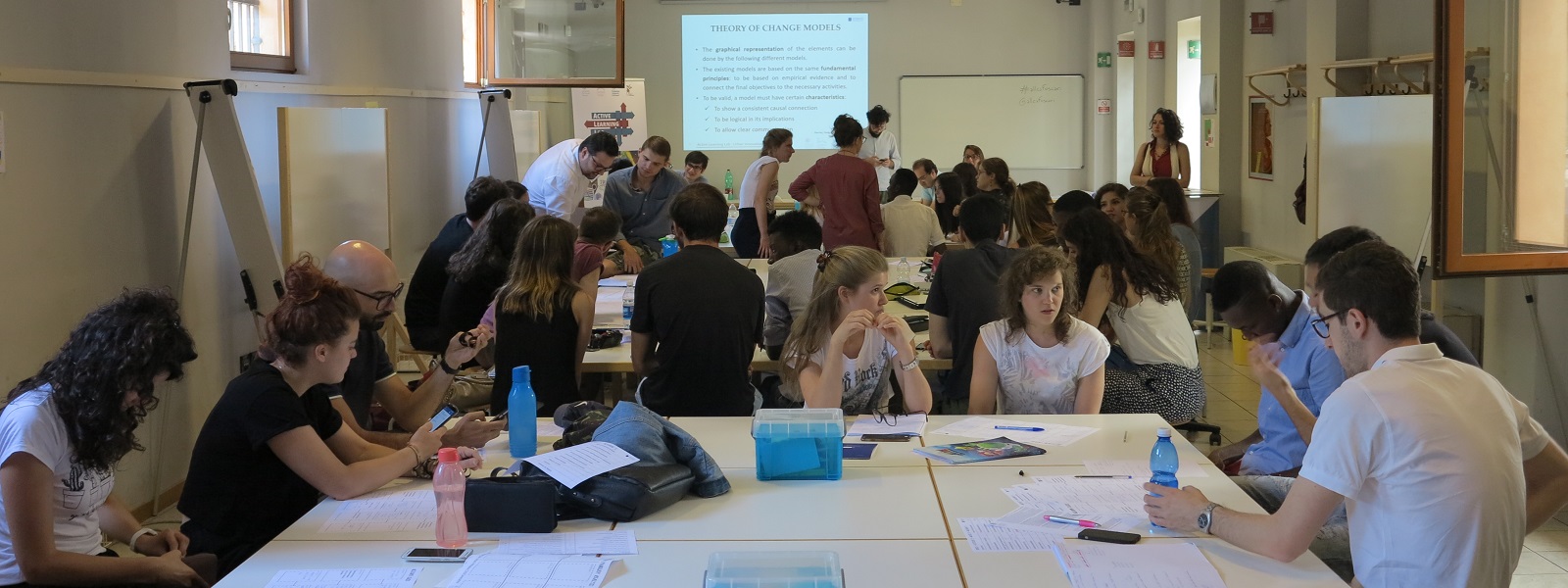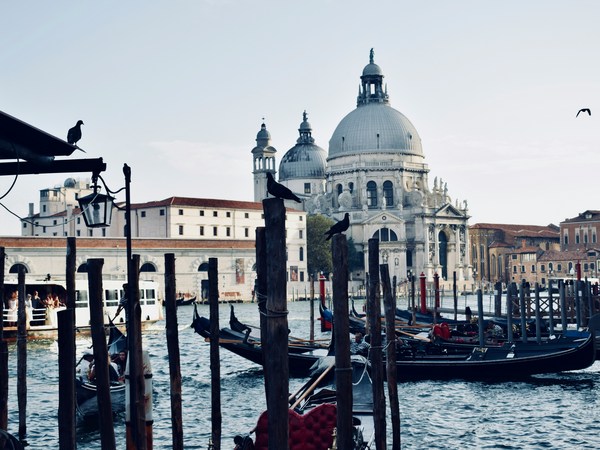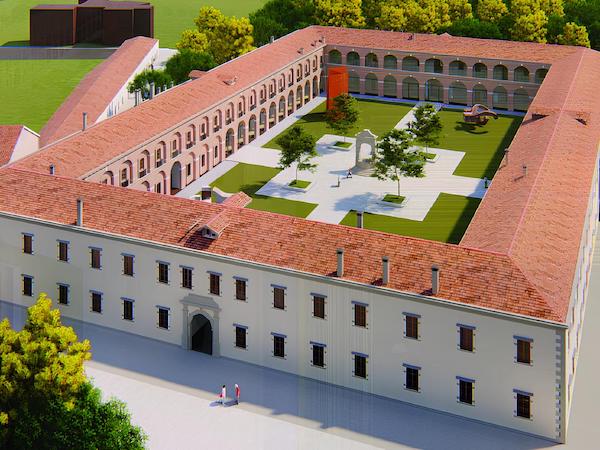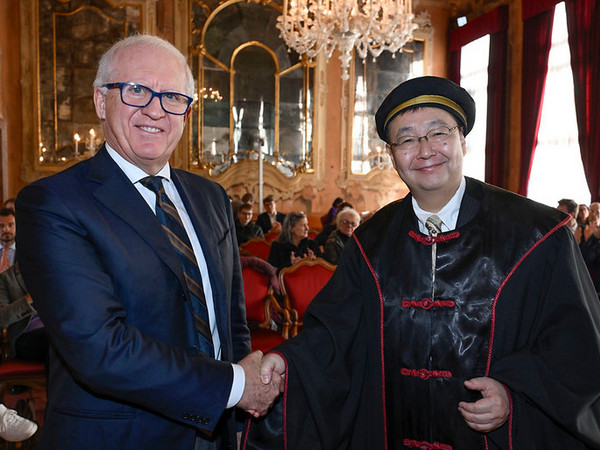Thinking the space of public involvement, connecting services addressing kids with learning disabilities, creating an organic-social bar and turning public lighting into a ‘social network’ event. These are the four concrete projects to be developed by 46 students and young graduates for the six week sof the Active Learning Lab - Urban Innovation, the innovative education lab of Ca’ Foscari’s Treviso Campus. Multidisciplinary groups will work to transform Treviso in a socially aware city thanks to their academic skills, ideas, expertise.
The Active Learning Lab takes place in SELISI - School of Economics, Languages and Entrepreneurship, in Treviso, 76 Riviera Santa Margherita, and in several venues around the city.
Selected participants come from several disciplines and universities, such as IUAV university of Venice, the University of Padova, Sapienza University and Ca’ Foscari University of Venice.
8 participants are refugee seekers and refugees living in welcome centers and SPRAR in Treviso and the province. They come from Afghanistan, Senegal, Sierra Leone, Cameroon, Nigeria, Togo and Ivory Coast with backgrounds in social, economic, linguistic and scientific fields, and a good level of Italian - A2 to B1 - and are highly motivated to prepare the lab and contribute to the development of new ideas. They are part of the project thanks to dedicated intercultural tutors and to a collaboration with the Prefecture of Treviso and managing bodies - Coop. La Esse, SPRAR Treviso, Casa Rosa, Nova Facility, Caritas Treviso e Coop. Hilal.
“The Active Learning Lab – Urban Innovation - explains Ricciarda Ricorda Vice-Provost for education at Ca’ Foscari University of Venice - confirms Ca’ Foscari’s commitment in engaging innovative education approaches, with new models of learning that prepare students to work in a global and ever changing society: critical thought, transversal skills, problem solving are some of the key features of an ambitious academic programme that you can measure with this urban innovation project in for the Treviso Campus”.
The City of Treviso, through the Treviso Smart Community, supports a scholarship at the Urban Center, one of the four projects that will be developed in the lab. The initiative is also supported by the Fondazione Iglesias, the Treviso-Belluno Chamber of Commerce, Unicredit, and Generali, AIM Energy, Rotary Treviso, MOM Treviso.
Innovative ideas
The main topic of the Active Learning Lab - Urban Innovation 2017 is “Città generative”, “generative cities”. “Generative” alludes to the capacity of a city to transform a social expenditure from a cost to an investment, enhancing the existing resources. The innovative four projects involved were submitted by existing local private and public actors.
Urban Center Treviso
City of Treviso
Opening a space dedicated to information, communication and active participation to the city on city transformation projects. The project aims to give Treviso a space of dialogue between local public and private stakeholders, putting citizens at the center of decision-making processes.
Project Evolutive Age
Gruppo Terraglio and Centro della Famiglia
Development of a service for kids and teenagers (3 to 18 years of age) suffering from learning disabilities which integrates 3 dimensions of health: sport, healthcare and social needs. The project aims to create a collaborative network with several local players involved in these fields, in particular schools, Ulss, families and sport institutions.
Fuori Programma: Organic and social friendly bar
Cooperativa Solidarietà - Cooperativa Topinambur - Associazione Hilal
Development of a business (retail of organic goods produced by the Cooperativa Topinambur) and of a relax space in the historic centre of Treviso, managed by people suffering from disabilities or social marginalization. The project was created to facilitate the work placement of people suffering from disabilities or regarded as “weak” by society, in the perspective of generative welfare and to raise awareness on these issues.
Social Lighting
Arianna Led
Development of a LED lighting system in a suburban public space of Treviso allowing for direct interaction with residents - color and light intensity. The project has several goals:
Energy saving and raise awareness on these issues;
Improving the neighborhood’s quality of life, including public security;
Promoting these areas;
Improving the community’s wellbeing through active participation.











